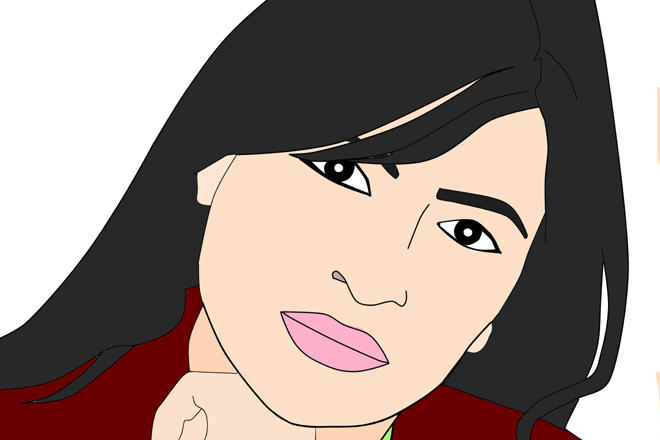Eye contact is hard for me because I am easily overwhelmed by lots of different input. When I am trying to listen, follow, or contribute to a conversation or just manage all my different sensitivities, it is easiest, most comfortable and least painful for me to not make eye contact. I listen and focus better when I am not making eye contact. Source Erin McKinney on Yahoo.com Making good eye contact with people can be seen as an essential social skill. People in general read a lot into eye contact, such as truthfulness, honesty, and trust. It's often something which Autistic people can find very difficult to do. My own interest in this area is two-fold. Making good eye contact with someone who has come to see me, is part and parcel of building a bond of trust. Understanding how someone does eye contact differently helps me to build this bond. Secondly, I am just really curious about difference, it's something I put a lot of value on. For me the collection of 16 snippets about eye contact from Autistic people is a rich source of stories around this difference, which leaves me with the question of how to make sense of what they are saying. Let's do some science
One of the ways of looking at this kind of information is to do something called a Thematic Analysis.
And although this might sound fancy, it's just a structured way of breaking down each person's story into chunks, so you can see if they share any common themes. I have included some more information about this at the bottom of my article, footnote #1 What are the common themes?
These stories when broken down into chunks can be organised into 4 themes,
13 of the 30 chunks were about difficulty processing information from eye contact, and there were 2 sub-themes, a. Overwhelm People described it as "overloaded", or more descriptively as "overcome with so many pictures of your eyes." It was also described as "draining" by one commentator. b. Disruption Trying to process eye contact information 'disrupted' the persons normal processing. For example, "I can't separate the processing that takes place," or "the world around me blocks out"
7 out of 30 chunks were about a social component to eye contact, with 2 sub-themes, a. Vulnerability Eye contact created a feeling of vulnerability, such as "standing there naked," or "someone is looking right into your soul." b. Conflict Two commentators felt that eye contact was "confrontational"
5 out of 30 chunks described a physical reaction to eye contact, which was universally a sense of pain, such as "immense pain and discomfort" or even "my eyes burn and water" for one person. This theme, I found surprising. I wasn't expecting eye contact to produce a physical reaction.
5 of 30 had an adverse feeling associated with eye contact, such as, "yucky", "spooky," or "unnatural." Putting it together
Reading a list of themes like this you may find difficult to make sense of. I know when I read research papers, this is how I react. A way to get in touch with it is to summarise it, so I might write this as...
A common experience for Autistic people when making eye contact is to be overwhelmed and find it interferes with their thinking. Some people may feel vulnerable, exposed, or in a confrontation. Some can also find it causes physical pain, while others can have an uncomfortable feeling when making eye contact. The reason for looking systematically at something like this, is that it can help reduce your personal biases, which are likely to happen if you had just read the statements as they are written. So when I first read through the descriptions, I didn't pay much attention to the ones about eye contact being painful. It only became obvious when I had a group of statements all saying the same thing! Consequently, my understanding of Autism and eye contact has changed. How you might use this information
It's a way of 'priming the pump'. I now have a better sense of how Autistic people feel about eye contact. So when someone tells me they find it overwhelming or painful, it's not a completely new piece of information to make sense of, and so makes it easier to hear what the person is saying.
It also helps with things like 'social rules' and the meaning we make of them. So for instance if someone doesn't give you eye contact when you are talking, you might assume they are not listening or even being rude. However, if you know that the person you are talking to finds eye contact overwhelming, you can also look for explanations other than ignoring or rudeness. In the counselling room eye contact is something I do talk about with people, as well as talking about what kind of eye contact would be helpful. And it's not just Autistic people who can find eye contact difficult. Footnote #1 quantitative verses qualitative research
title photo by waldryano
0 Comments
Leave a Reply. |
Categories
All
Archives
January 2021
|
BioI'm Mark, a Humanistic Counsellor. |
Home - Testimonials - Articles - Links - Contact - Book Appointment - Counselling Students - Privacy Policy - Terms
Mark Redwood, BA (Hons) Counselling, MBACP
© Mark Redwood 2015, 2016.2017 | Main portrait by Doug Freegard © 2015


 RSS Feed
RSS Feed